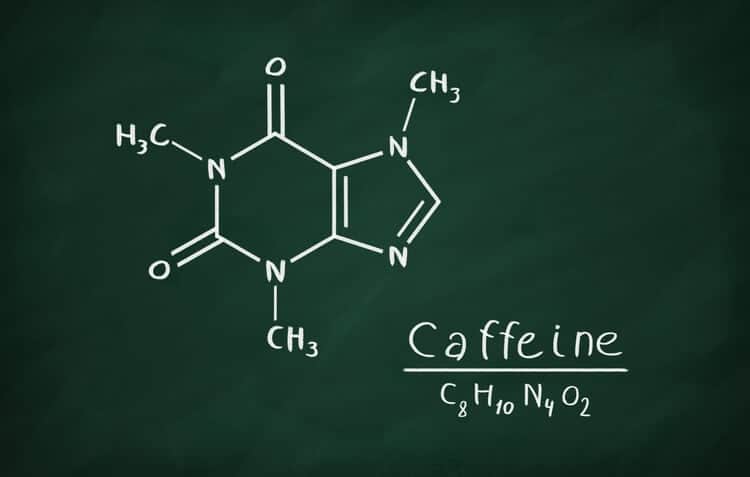Is Coffee Acidic? pH Of Coffee

Is coffee the comforting drink you turn to for a pick-me-up? Are you worried about the acidity of your morning cup of Joe? This dark drink has been studied time and time again, so you can be sure that there is an answer to all your coffee questions.
If you’ve come to this page, you’ve likely wondered, “is coffee acidic?” Although it seems like a straightforward question, the answer is more complicated than you may expect. Both coffee and the human body are quite complex. Below are a few key points to help you understand coffee acidity.
pH of Coffee
Think back to Middle School science classes. Do you remember dipping pH paper into different solutions to determine their acidity on a range of zero to 14? This was more than busy work; it’s an important basic function of chemistry. It’s also important in helping us understand the question at hand.
If you recall, seven is the neutral level between acids and bases. Any rating lower than seven is an acid, and anything above seven is a base. Most coffee is a five on this scale, making it about as acidic as a banana. For reference, battery acid is a zero and lemon juice is a two on the pH scale.
All of this means that while coffee is acidic, it isn’t as much so as many other things people enjoy. This is simple enough to understand, but things get more complicated as coffee enters your digestive system. It’s important to understand how this mild acid affects the body.
Gastric Acid
We have learned that coffee in and of itself is an acid, but did you know that it also causes your body to create acid? When you consume a cup of java, your body reacts by creating more gastric acid. This natural reaction is not harmful to some people, but it can be devastating for people with GERD.
GERD, which stands for gastroesophageal reflux disease, is a chronic illness that can cause heartburn and other uncomfortable symptoms. People with GERD can be triggered by acidic foods like coffee, tomatoes, and citrus fruits.
Low-Acid Coffee
There is good news for GERD sufferers and other people who are sensitive to the acidity in coffee. Advancements in technology have helped develop low-acid coffee. This is a great option for anyone who is worried about the pH levels in coffee.
A paper published on Texas A&M University’s site showed that a dark roast could reduce the amount of acid created in the stomach after coffee consumption. As the beans roast, a compound comes together that helps keep acid at bay.
Furthermore, the type of bean that creates the coffee can affect the acid levels. For example, Arabica beans are known to produce less acid relative to the Robusta beans.
Finally, there is some evidence to suggest that the way a cup of coffee is brewed can affect the acidity. While cold brew is all the rage right now, it is more acidic than coffee made with other methods. If you are sensitive to coffee, try hot brewing with a French press.
Chlorogenic Acid
Chlorogenic acid is found naturally in coffee, and it might help people lose weight. In a study published in the US National Library of Medicine, researchers found that chlorogenic acid can reduce glucose intake in the body by 6.9%.
This double-blind study found that coffee drinkers who received coffee enriched with chlorogenic acid lost more weight than the control group. The control group lost an average of 1.7 kg over the 12-week period. Meanwhile, participants who had the extra chlorogenic acid lost an average of 5.4 kg.
The lesson here is that just because coffee is acidic does not necessarily mean it’s bad for you. This is great news for java junkies who want to shed a few pounds.
Coffee and Your Garden
Coffee can affect different bodies in different ways, and it can also affect your dirt. Some gardeners have turned to used coffee grounds to enrich the soil and grow healthier plants. In fact, some coffee bistros are offering free grounds to gardeners who want them.
Coffee grounds are rich in nitrogen, which is an essential part of a healthy garden. However, experts warn that coffee should make up only 15 to 20% of your total mixture. As a bonus, you can help reduce waste this way.
While coffee is indeed on the acidic side of the pH scale, it is not without its benefits. This morning go-to can help you lose weight, and the used grounds can make your garden thrive. While the acidity may adversely affect those with certain medical conditions, low-acid coffee is available.
Whether you choose a low-acid option or a lighter brew, you can rest easy and enjoy all the goodness in your mug.
